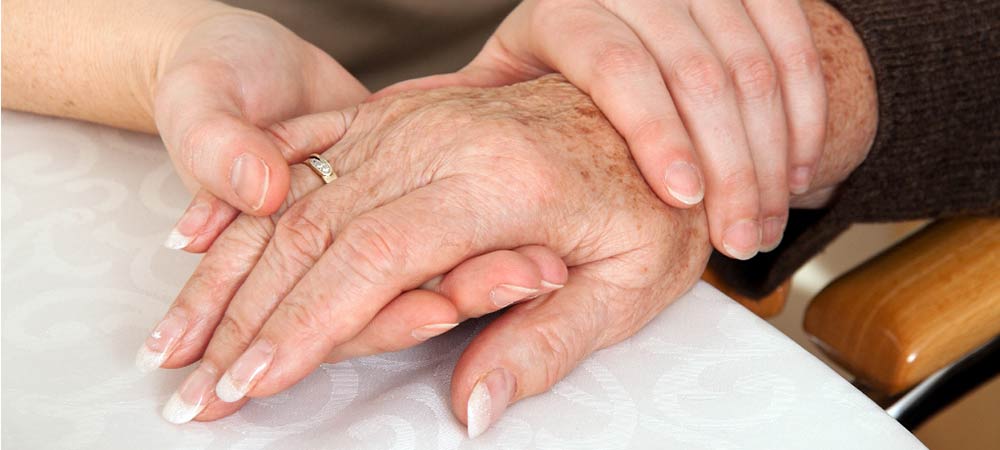
Be careful what you say around the dying, because hearing is the last of the five senses to go.
As my mother neared death last August, a number of people shared that caution with me. Nurses mentioned it. Several doctors, with different degrees of enthusiasm, reinforced the importance of speaking to the comatose patient. A few of Mom’s close friends emphasized the statement while adding personal anecdotes of why and how it had been true for them. Over the years, I’ve heard and read about those who recovered from a supposedly fatal injury and reported what had been said around or about them. Still others, after being unconscious, expressed dismay about a doctor or family member’s pessimistic and casually callous statements.
As a hospice chaplain in sterile, stark hospital rooms or a pastor visiting cozy homes with memorabilia-filled shelves, I’ve gently reminded family members to speak clearly and honestly to a loved one who’s no longer responsive. Talk to them. Talk with them. Use his or her name. Don’t refer to them in the third person (she would never like that) or past tense (he was always a complainer).
But I wondered, as I sat by Mom’s hospital bed, especially in the pre-dawn or late-night times when it was just Mom and me, could she hear? In the final weeks of her life, because of her rampant cancer and two damaging surgeries, her “comfort care” meant she received a continuous flow of the narcotic dilaudid. I think she was pain-free, and was mostly — as she had wanted for her final days — “asleep.” Though I’d never say Mom had a peaceful or good death, I’m reasonably confident she wasn’t in physical discomfort.
But could she hear me? I talked about our shared memories. I gave her permission to die. I reassured her that my two sisters and I loved-loved-loved her and that we’d all be okay. At times I was silent, merely there and cherishing each moment. I read scripture. I read aloud the opening chapters of Doug Worgul’s Thin Blue Smoke, a favorite novel of mine.
But could she hear? I mean, how could she truly hear because of the opiate flooding her system? In the surgeries I’ve had, with all the wonderful legal drugs knocking me out so a surgeon could wield a scalpel or guide an arthroscopic tube into my knee, I remembered nothing — and apparently heard nothing — until the anesthesia’s potency waned. Mom’s medication never waned. The dilaudid pump kept on pumping…for hours, days, for nearly two weeks.
But I’m not sure her hearing mattered as much as my time beside her, and the encouraging words I said to her from me. In Frederick Buechner’s Wishful Thinking, he mused about prayer: “Be importunate, Jesus says — not, one assumes, because you have to beat a path to God’s door before he’ll open it, but because until you beat the path, maybe there’s no way of getting to your door.”
Which is to say, maybe Mom could hear me, but I knew I could hear me. And I knew there were some things I wanted to make sure to say to her. The path I created with my words of love and hope and comfort may or may not have been heard by Mom, but they were my inadequate, intimate “beating” of a path from the door called son to the door called mother, from the door called the one who has received love to the door of the one who first gave love. God knows I tried.
I don’t know if the dying can hear. I do know the living can speak.









